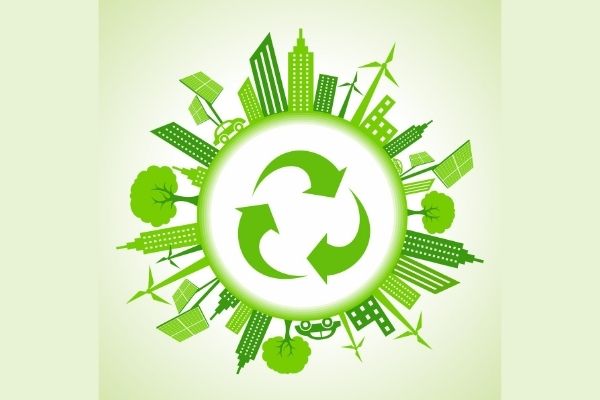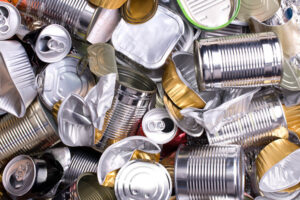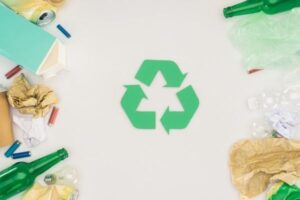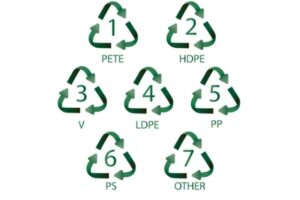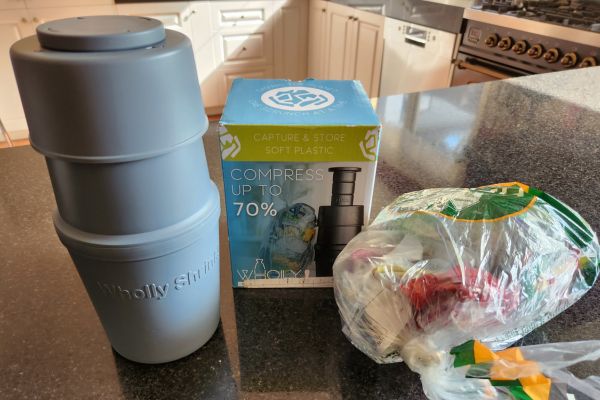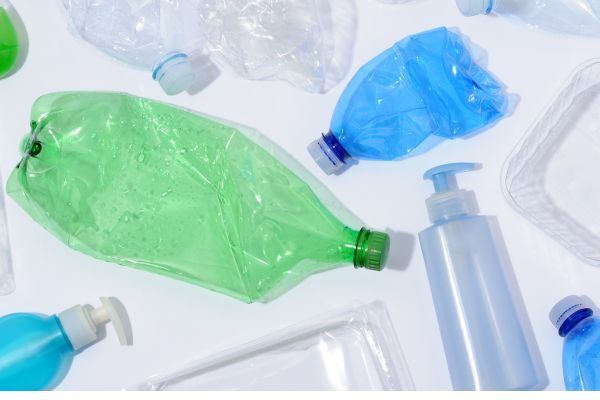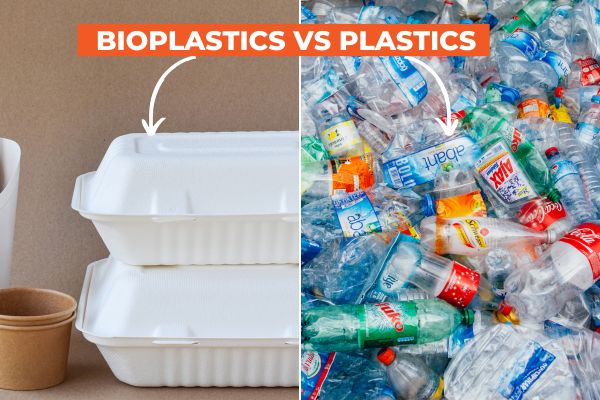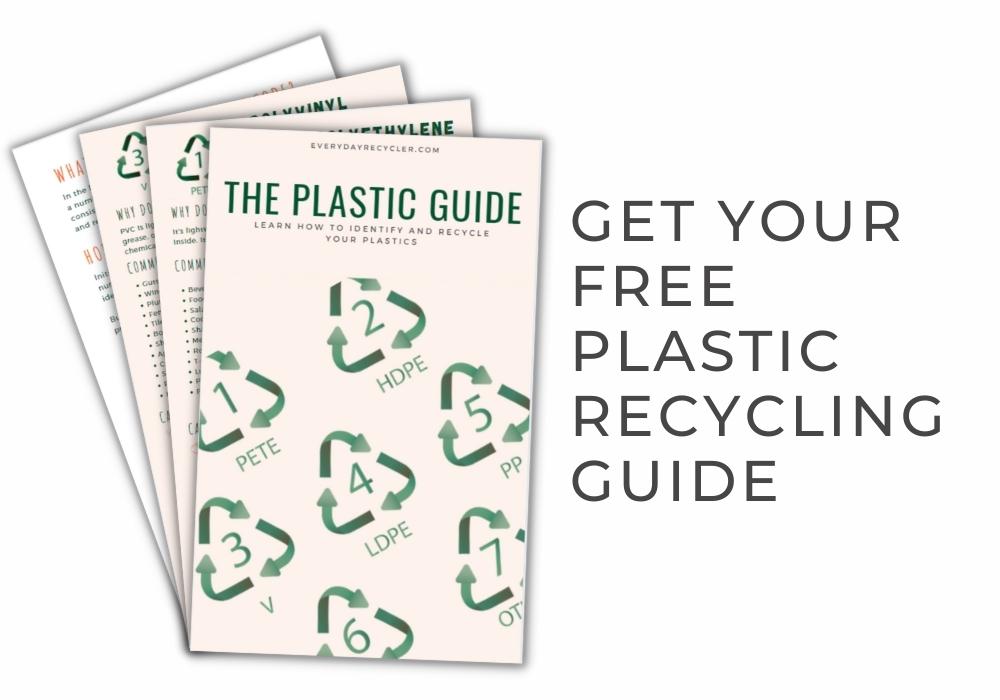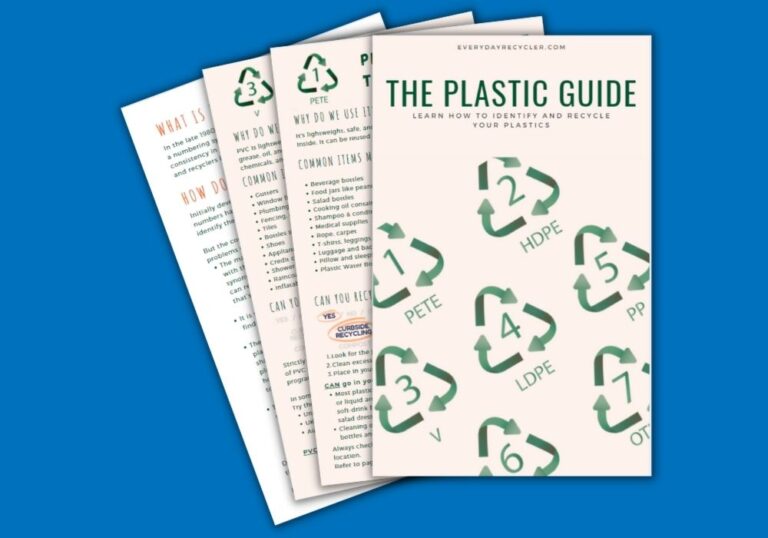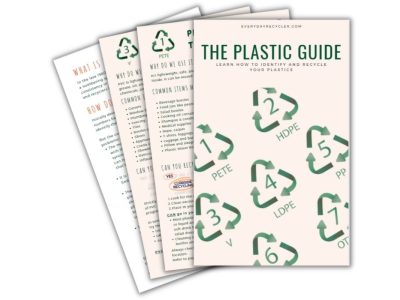Recycling is an important part of our everyday lives. So it’s a a good idea to remind ourselves just what are the benefits of recycling.
Recycling helps the environment and us by reducing the amount of waste sent to landfills and incinerators, conserving natural resources such as timber, water, and minerals, and preventing pollution.
We can help the environment and ourselves by opting for recycled products, recycling right and favouring items with recyclable packaging.
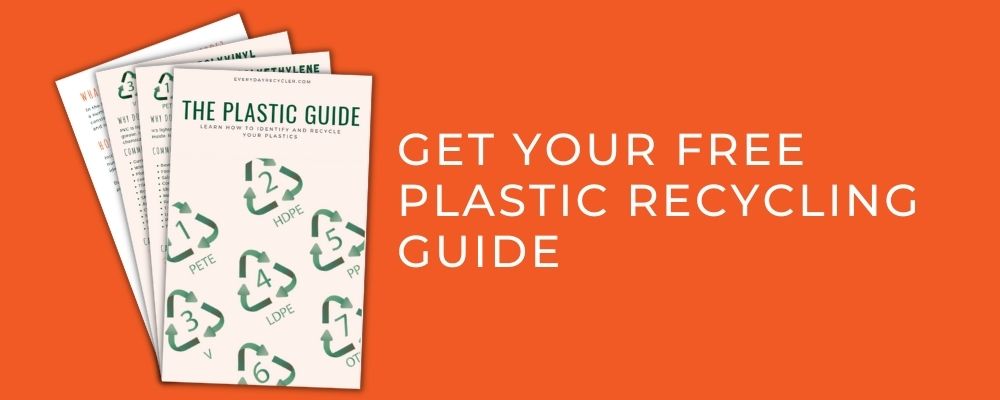
What is the definition of recycling?
Recycling is the process of collecting and recovering waste materials and reprocessing them into useful materials.
Commonly recycling is associated with recycling glass, metal, or plastic. Recycling, however, includes many other processes like your backyard composting, for example.
Recycling is also often associated with your curbside pickup service. Although important, this service is only one part of the many services and processes available for recycling. In addition to curbside recycling, there are many specialists and commercial recycling services that exist.
A great deal of energy and resources go into making all of the objects in our lives. Recycling makes use of these materials when they are no longer useful in their current form.
When you have exhausted the possibility for reuse, repair, or repurpose, it’s time for recycling to step in.
What are the benefits of recycling?
The 10 benefits that recycling brings are:
- Reduces how much waste is sent to landfill
- Saves energy and other resources
- Protects the environment
- Reduces climate change
- Conserves natural resources such as timber, water, and minerals
- Creates a more sustainable industry
- Supports the circular economy
- Keeps our waterways and oceans clean
- Prevents loss of biodiversity
- Enhances community cohesion
1. Recycling reduces waste sent to landfill
The more we recycle, the less waste will make its way into landfill sites.
Not only does this keep useful materials out of landfill, but it can also help to reduce the risk of pollution and contamination from those sites. Landfills can release natural gases, toxic chemicals, and other harmful substances that get into the soil and groundwater.
We can minimize these pollutants by reducing the quantity of material that is sent to landfill.
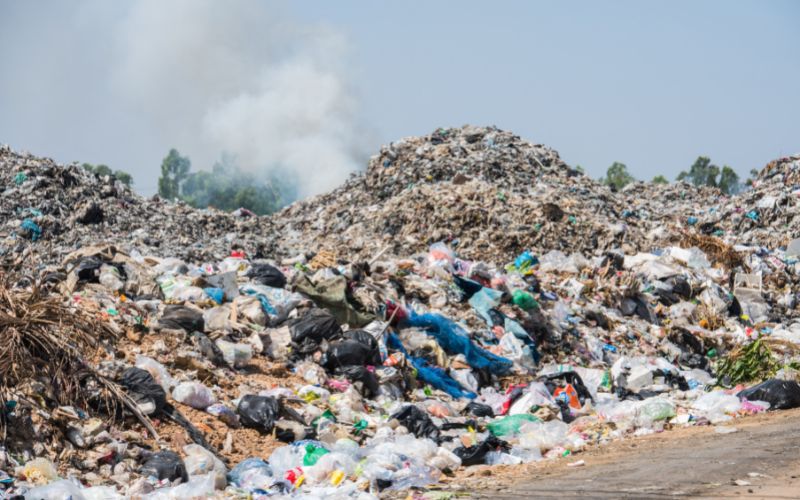
2. Recycling saves energy and resources
When recycled materials are used to manufacture products, they use less energy than if virgin materials were used.
Recycled material reduces the need for energy-intensive extraction activities and even some processing activities. Some examples are:
-
- Using recycled aluminum saved 95% of the energy required for virgin aluminum.
-
- A glass jar recycled will use 75% less energy than that required for a new one.
-
- Recycling paper and cardboard not only saves energy but also saves water and trees from being cut down.
-
- There are many reasons to recycle plastic, so saving 2/3 the energy to make a new plastic bottle is a great bonus.
Learn more ways to save energy in 13 Ways to Reduce Your Carbon Footprint at Home.
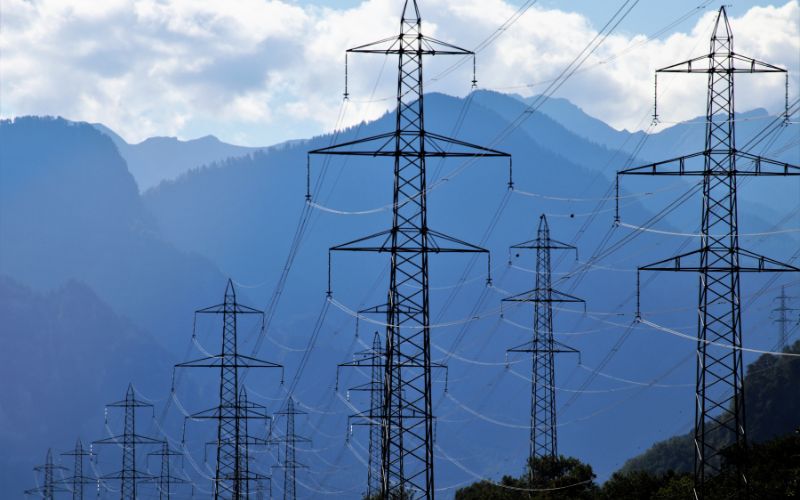
3. Recycling helps protect the environment
The use of recycled materials in manufacturing and the production of products decreases the need to use virgin materials. Therefore, reducing the need to cut forests down or develop mines or associated processing facilities.
It also reduces the need to use other resources such as water. Essentially recycling results in less impact on our natural world.
It also means the impact resulting from the extraction and processing of the original material is not wasted. We get to use it over and over, making the effort and disruption to nature a little more worth it.
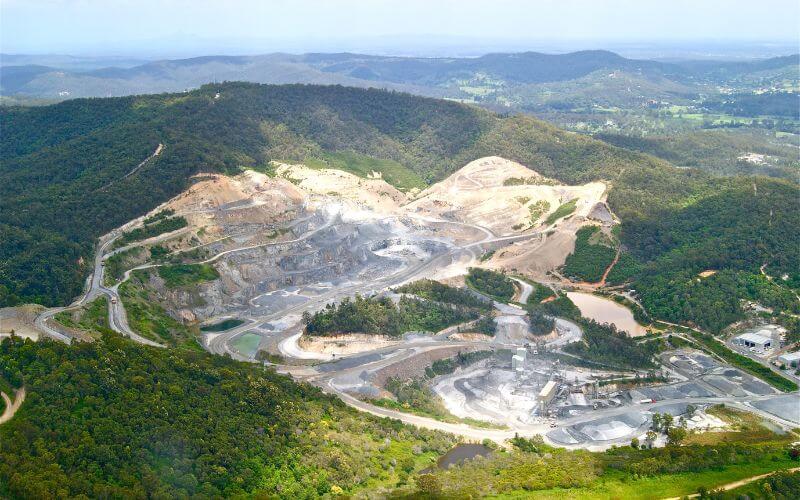
4. Recycling helps combat climate change
As well as reducing energy by reducing the amount of material that goes to landfill recycling can help reduce the amount of methane released into the atmosphere.
Landfills release methane (a particularly nasty greenhouse gas) and carbon dioxide as materials break down. Many landfill operators try to manage this release and some even convert it to energy but unfortunately, a lot of greenhouse gases are still released from landfill.
5. Recycling conserves natural resources
Most natural resources are finite. We have already depleted a great deal of these resources to get to where we are today. Rather than sending these resources to landfill and extracting more, we need to reuse resources that have already been extracted.
By recycling, we can help conserve important raw materials and preserve them for future generations.
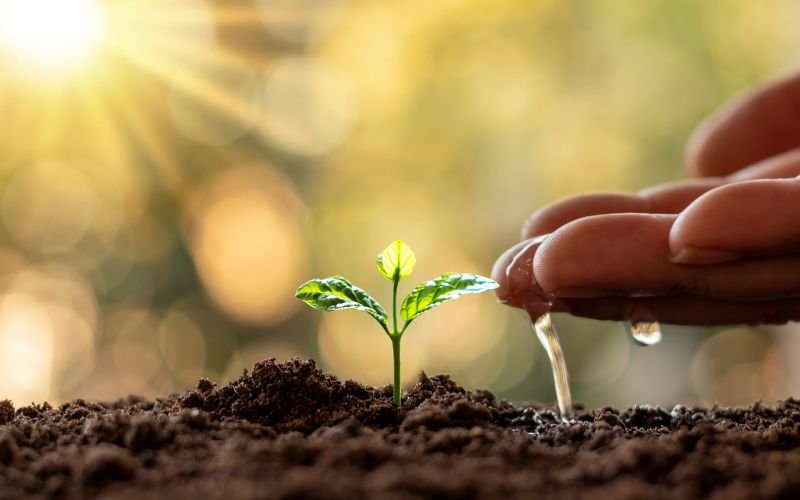
6. Recycling creates a more sustainable industry
By regularly recycling and sticking by the rules to help reduce contamination, we can provide a more consistent future for the recycling industry.
We can also support the recycling industry by buying products that are made from recycled materials. This leads to a demand for recycling and builds a more sustainable industry. It also enables innovation and improvement at all levels of the industry.
7. Recycling supports the circular economy
Recycling is just one step in the loop of the circular economy model. It is no more important than the other steps, such as designing out waste or reducing, repairing, and reusing products.
It’s a simple way we can provide our support.
Recycling can help to close the loop by making these materials available for reprocessing and manufacturing into new products.

8.Recycling helps keep our waterways and oceans clean
Recycling helps keep our oceans clean by reducing the amount of plastic waste that ends up in them. By recycling materials like paper and plastic, we can prevent them from becoming litter and entering the ocean where they cause harm to marine life.
Plastic waste in the ocean can take hundreds of years to break down, meaning that every piece of plastic ever produced still exists today and will continue to pollute the ocean for generations to come. Fish and other marine animals often mistake plastic for food, which can lead to malnutrition or even death.
Furthermore, when fish consume plastic, they pass the harmful waste up the food chain to larger predators such as dolphins, whales, and humans.
By recycling, we can help keep the oceans clean and safe for all the creatures that call them home.
9.Recycling prevents loss of biodiversity
Recycling helps preserve biodiversity by reducing the demand for resources. This decreases the disturbance of the world’s natural areas for resource extraction and helps protect ecosystems and wildlife.
For example, using recycled paper instead of virgin paper can help reduce deforestation, preserving the forests that provide a home and sustenance to many of the world’s animals.
Recycling also helps to prevent pollution that can find its way into waterways and ultimately the oceans. This pollution, particularly plastic pollution, negatively affects life in the ocean, particularly species that are endangered. Reducing contamination of rivers, lakes, and coastal waters is imperative to help keep ecosystems healthy.
Recycling helps to preserve natural habitats, forests, rainforests, waterways, and oceans and gives the Earth a chance to heal.

10.Recycling Enhances Community Cohesion
Recycling cann help to enhance community cohesion by providing people with a shared purpose and goal, improving public health and trust, and creating economic security. By investing in recycling efforts, communities can raise funds for schools, hospitals, and other socially relevant causes, as well as create jobs and tap into a domestic source of materials.
Moreover, recycling can reduce environmental and economic injustices in low-income communities, while helping to prevent the displacement of forest communities and pollution of rivers.
By working together to recycle, communities can also bond together to achieve bigger and better things, and teach children about responsibility and looking after our planet.
Ultimately, recycling is an act that can bring a community together and create a cleaner, healthier, and more prosperous environment.
We can all enjoy the benefits of recycling.
Tips for Recycling
Want some tips to improve your recycling habits? Check out the following posts:


